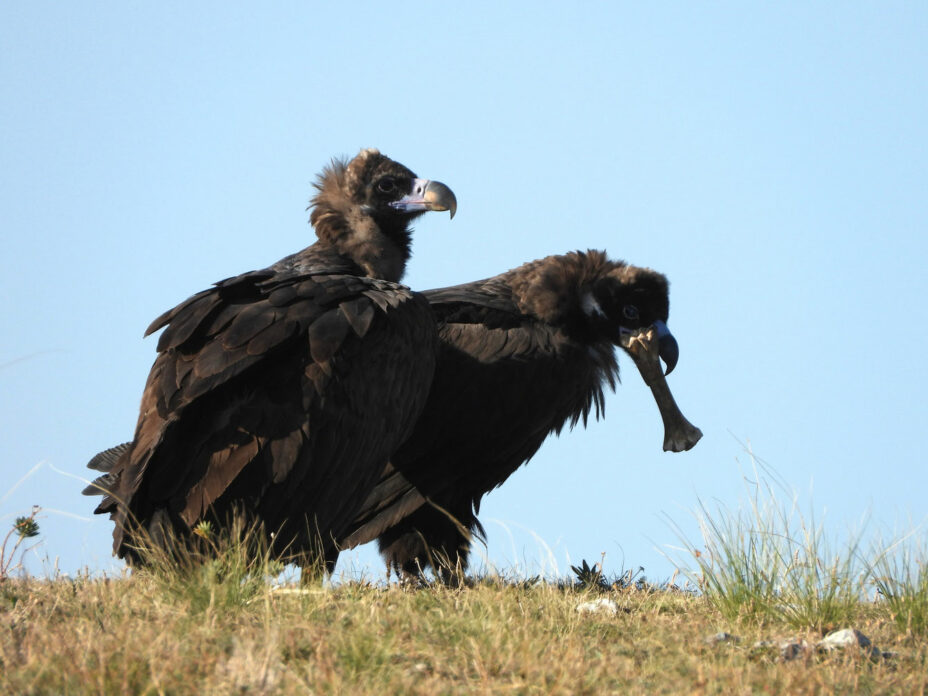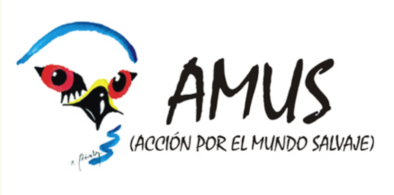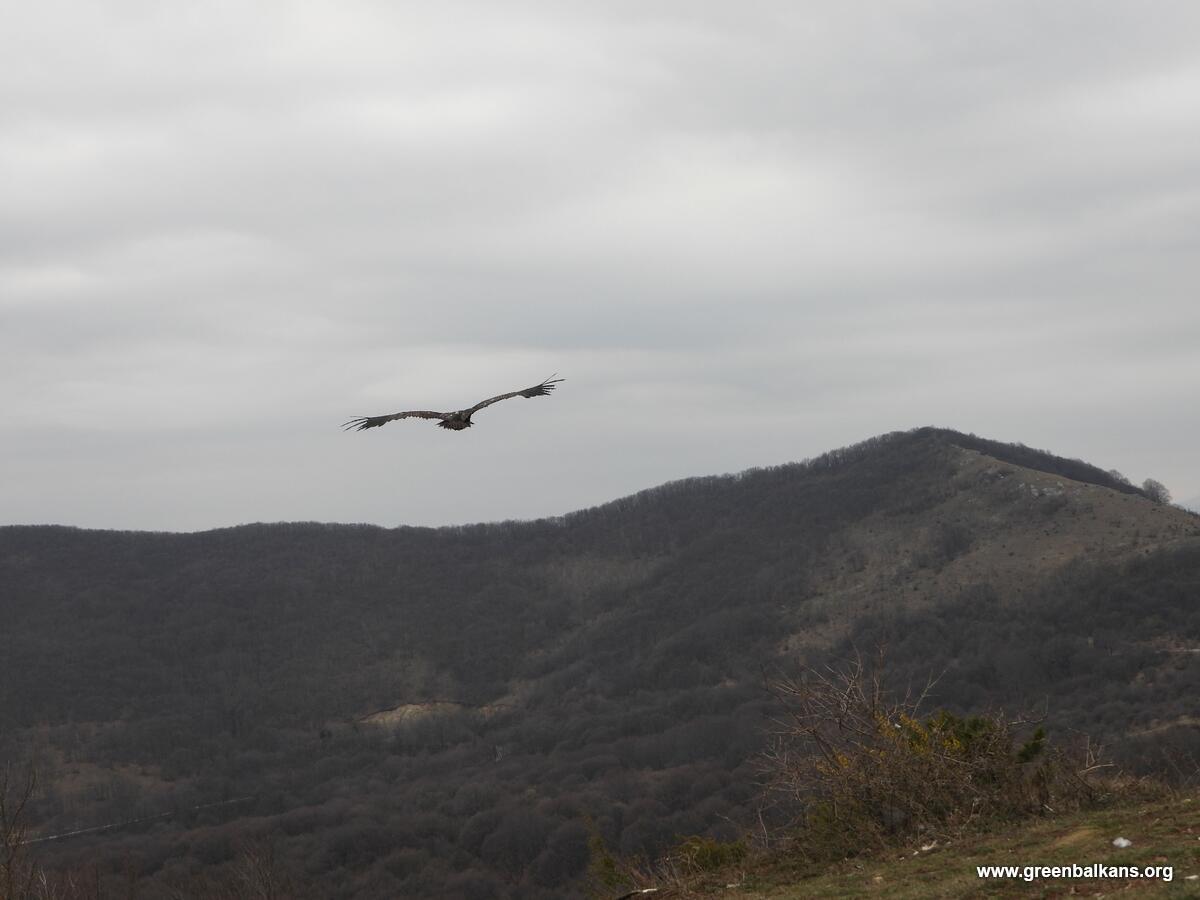In the last few years one of the focus of the VCF has been on restoring vulture populations in the Balkans. Some planning work resulted in a Balkan Vulture Action Plan, and in the last few years the VCF has been contributing to great work done to operationalize that strategy – for the Egyptian vulture under the LIFE The Return of the Nephron, for example, or transporting griffon vultures from Spain to Bulgaria for the successful reintroduction of the species in the Balkan mountains.
Now we are stepping up our work there, and we have just started a new LIFE project – Vultures Back to LIFE – that will results in the reintroduction of the black vulture to Bulgaria.
Once widespread throughout the Balkans, the black vulture now breeds only in a single colony in the region, in Dadia (northeast Greece), where the population has been stable or slightly increasing (now totalling about 35 pairs) due to the valiant conservation efforts there implemented by WWF Greece.
While the populations in Spain (2,500 breeding pairs), France (35 pairs) and Portugal (10 pairs) have been increasing, the species remains rare and localised in the Balkans, with very few observations outside Dadia.
In this project we will reintroduce the species to the Balkan Mountain range in Bulgaria – with first releases planned for 2018. The project will be led by Bulgarian NGO Green Balkans, and will also have as project partners EuroNatur, the Fund for Wild Flora and Fauna (FWFF), and the Junta de Extremadura (Spain), as well as the VCF.
Using the experience gained so far with the griffon vulture project, as well as the excellent cooperation with European experts in the field, the project will combine three well-tested approaches: direct conservation measures aiming at practical work on the ground with the target species; indirect conservation measures intended to provide optimal conditions and minimise identified threats, as well as capacity building and public awareness measures to secure public acceptance and cooperation.
Over the next 6 years we will be improving nesting conditions, and the food base for vultures (through strengthening wild rodent and herbivore populations and stimulating sustainable grazing practices), , as well as working on anti-poisoning programmes and minimising electrocution in powerlines. We will also be working with local cattle-breeders, hunters, and national and local authorities towards improving their capacity for contributing to the restoration of this species.
Тhe current project will reach a new milestone in the implementation of the Balkan Vulture Action Plan, while also strengthening the core expertise on vultures in the country and collaboration between Bulgarian and international organisations.
The project kick off meeting was held this week in Sofia, to plan in detail all project activities – a new beautiful adventure is starting- we will keep you posted!






